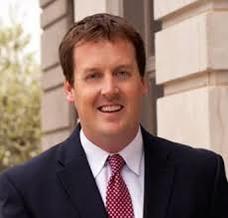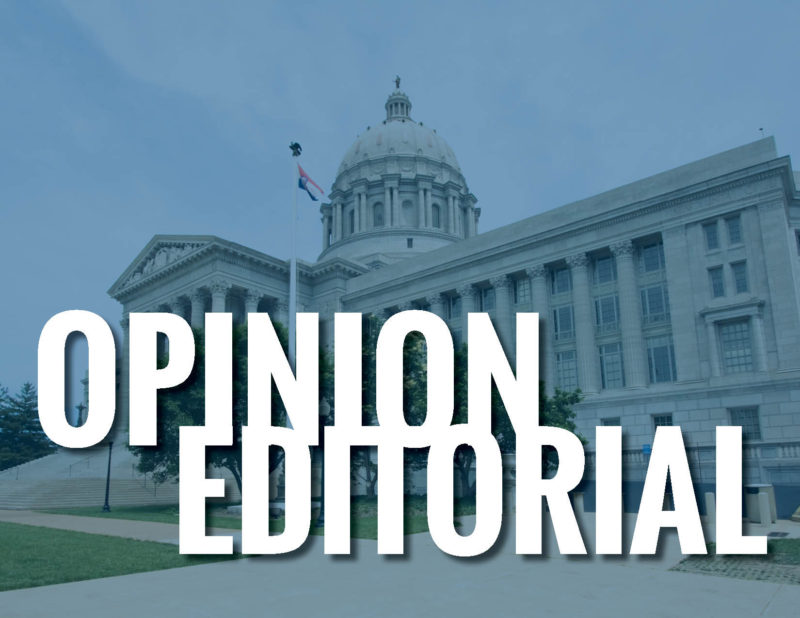Missouri’s Property Assessment Clean Energy (PACE) districts provide property owners access to affordable, private financing for renewable energy, and energy-efficient home and building improvements. The Legislature enacted PACE in 2010 knowing it would improve consumer choice, create good-paying jobs, and save on energy bills. Importantly, the Missouri PACE program was conceived and designed to be more conservative in its approach than other PACE programs like in California.
Now, the banking industry, which helped precipitate the financial crisis through questionable lending practices, is trying to push a bill—Senate Bill 173—to significantly hinder PACE in Missouri. Reading the bill carefully, it would actually make things worse for consumers. Under the current law, any energy efficiency improvements must have a “net economic benefit,” which means PACE financing can’t happen unless the work provides more value than it costs. This proposed bill strips out this language, making property owners more likely to be targeted for improvements they do not need.
This proposed legislation, SB173 and its companion bill in the House, HB215, also centralizes authority for PACE under the eye of a state agency rather than the local, regional PACE boards that are already approved and functioning. This goes against the idea of local control; a core philosophy of many Missouri lawmakers. It is simply state preemption. Adding PACE oversight to the state rather than these regional districts only increases the bureaucracy in Jefferson City. And the four regional PACE boards already go to great lengths to provide the PACE industry the oversight and compliance needed to protect property owners looking to upgrade their homes to higher levels of energy-saving efficiency.
The real reason behind the banking industry’s motivations is that they do not want to compete with PACE-financing in the marketplace. But the truth is, PACE is safer and a more secure alternative to unsecured financing, like credit cards and personal loans, which come with higher rates and fees. Average interest rates on credit cards range between 14 and 24 percent, and unsecured loans range between 10 and 32 percent. In contrast, a typical Missouri PACE-assessment runs for 20-years at a fixed interest rate of only 8 percent and for 5-years at 7 percent. Another important feature of PACE is that interest rates are the same for all qualified homeowners – as long as they meet all of the qualifications, all applicants, regardless of zip code or income level, receive the same fair and equitable terms.

PACE is great way to make money-saving improvements on your home or business. More than two thousand Missouri property owners have already done so. Plus, the PACE program has created hundreds of local jobs such as heating and cooling technicians, carpenters, electricians, and solar installers and pumps millions of dollars of private investment into local economies—all without using a single tax dollar for project financing. However, over-regulating the PACE program by placing it under a state agency will actually increase public spending and potentially cripple the program’s success.
PACE should be strengthened, not dismantled. The Legislature has lots of work on its plate. Doing damage to a good policy doesn’t make sense.
James Owen is a lawyer and executive director of energy policy group Renew Missouri. Renew Missouri was founded in 2006 to advance renewable energy and energy efficiency in the state of Missouri.
James Owen is a lawyer and executive director of energy policy group Renew Missouri. Renew Missouri was founded in 2006 to advance renewable energy and energy efficiency in the state of Missouri.



